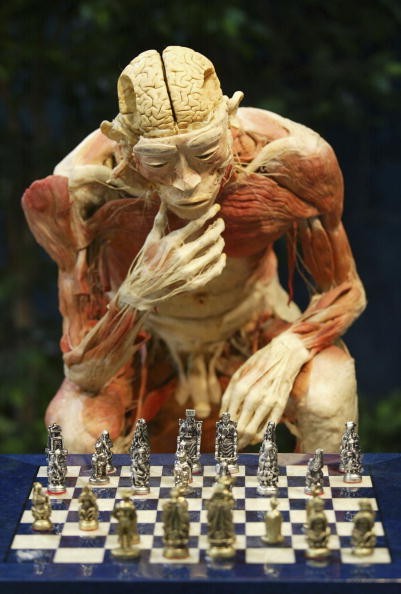
In a time when amputees get bionic hands or people can see with contact lenses equipped with microscopic telescopes, you feel you've heard enough science. But one Italian surgeon is ready to challenge the way you view it as he attempts a full body transplant.
Dr. Sergio Canavero of Turin, Italy, has outlined a plan of transplanting a full head of a patient complete with a brain to another person's body, the donor, in order to revive it, a very similar and eerie comparison to the fictional story of Frankenstein by Mary Shelley.
According to his outline, which you can read on Surgical Neurology International published on February 3, prior to the transplant, it's important that both the body of the donor and the head of the patient will be cooled at a certain temperature. It's the same procedure for other transplantable vital organs such as the liver, the heart, and the kidneys. This is necessary to avoid killing the cells.
Then the doctor would have to start removing the head of the donor from the neck. The blood vessels would have to be attached to tubes, and using a very sharp knife, the doctor would then expose the nerves in the spinal cord, slowly to avoid damaging the nerves.
The next big step is connecting the spinal cord to the brain of the recipient. This can be very critical since the nerves may not be able to properly communicate with the brain, and the person cannot move. The process is going to use polyethylene glycol to properly attach the spinal cord nerves.
The healing process is expected to be long. Aside from being placed in an induced coma for a couple of weeks, the patient may take a full year to regain all his functions and movements.
The doctor understands that his project is massive and even bordering on the unbelievable, but he believes that if he can experiment on it, it may already be possible within 2 years. For an upcoming surgery conference, he hopes to gain support from the medical community.
However, as early as now, it may be difficult for him to achieve support as many view it as not only unethical but also disbelief.



